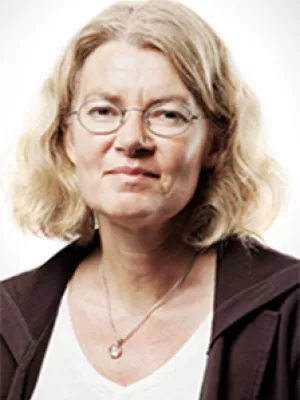
Anna Tengberg
Adjunct Professor

Integrated approaches to natural resources management—Theory and practice
Author
Summary, in English
To meet multiple environmental objectives, integrated programming is becoming increasingly important for the Global Environmental Facility, the financial mechanism of the Multilateral Environmental Agreements, including the UN Convention to Combat Desertification. However, integration is often not well defined. We therefore focus on identifying key aspects of integration and assessing their implementation in natural resources management projects. To that end, we draw on systems thinking literature and carry out an analysis of a random sample of Global Environmental Facility integrated projects and in-depth case studies demonstrating lessons learned and good practice. We highlight the need for projects to identify clearer system boundaries and main feedback mechanisms within those boundaries, in order to effectively address drivers of environmental change. We propose a theory of change for integrated natural resources management projects, where short-term environmental and socioeconomic benefits will first accrue at the local level. Implementation of improved integrated natural resources management technologies and practices at the local level can then be extended through spatial planning and strengthening of innovation systems. Financing and incentive mechanisms at the watershed and/or landscape/seascape level coupled with supporting policies could sustain and enhance ecosystem services at even larger scales and longer time spans. The evolving scientific understanding of factors influencing social, technical, and institutional innovations and transitions towards sustainable management of natural resources should be harnessed and integrated into influencing models and theory of change for complex social-environmental problems, such as land degradation, and be coupled with up-to-date approaches for learning, adaptive management, and scaling up.
Department/s
- LUCSUS (Lund University Centre for Sustainability Studies)
Publishing year
2018-06-01
Language
English
Pages
1845-1857
Publication/Series
Land Degradation and Development
Volume
29
Issue
6
Document type
Journal article
Publisher
John Wiley & Sons Inc.
Topic
- Environmental Management
Keywords
- global environment facility
- integrated natural resources management
- land degradation
- systems thinking
- theory of change
Status
Published
ISBN/ISSN/Other
- ISSN: 1085-3278